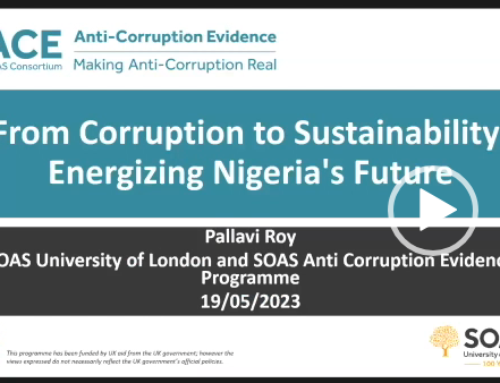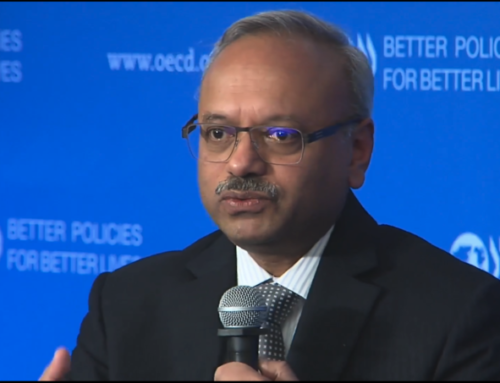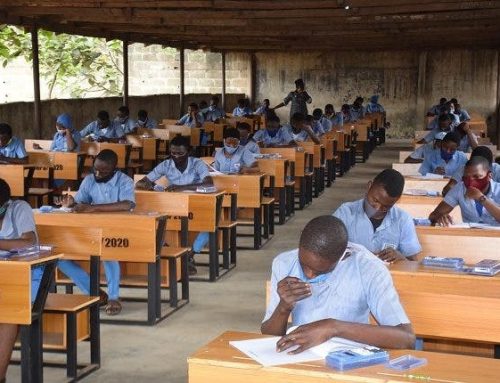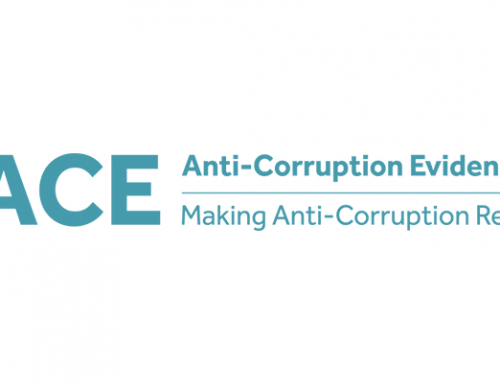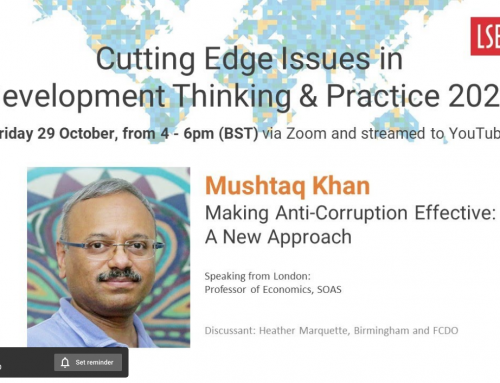This week we meet Prof. Fortunata Makene, Head of Strategic Research and Publications at the Economic and Social Research Foundation, Tanzania. Her department constitutes the Foundation’s core business, conducting supply driven research, developed based on market needs and undertaking policy research and analysis to increase stakeholders’ knowledge on major issues affecting society. Find out what brought her to this work.

How did you discover and develop your interest in democracy and development? Were there any notable moments or events that guided your career?
The death of my parents in late 1990s and the changes in my socio-economic status forced me to connect my own experiences with public issues. It made me appreciate the weakness of the Tanzanian social security system, which covers only employees in the formal sector and I started to question how this formal social security norm came into being in Tanzania, where the majority are covered by traditional social safety nets. Around the same time Tanzania embarked on multi-party politics, and for the first time we had multi party elections in the name of democracy, despite the majority of Tanzanians wanting a one-party state. I came to learn that many of the changes we were experiencing in Tanzania were connected to a global agenda of development and globalization which mandated institutionalized global norms such as democracy, development, human rights, accountability and others. This raised my curiosity to explore the diffusion of these global norms to the developing world, and the contrast between the race to look good in the global arena and what was really happening on the ground. During my graduate school years I started to look at how and why Tanzania has ratified many conventions and treaties and how these policies play out for average citizens in their day to day lives.
What are your main areas of research interest? What issues are you finding most exciting currently?
My research interests are in areas of social protection and human rights (specifically children rights and women’s rights to education and health) globalization and development, transnational institutions (international finance, governmental and non-governmental organizations). Of late I have developed an interest in the relationship between economic and social policies, considering the link between industrial policies and innovation to social sectors of education and health.
I am currently working on some really interesting research on Accountability through Practical Norms in Education exploring ways to improve service delivery and levels of integrity by drawing on empirical evidence on informal norms in key government health and education departments in francophone (Senegal, Togo, Niger) and Anglophone (Sierra Leone, Malawi, Tanzania) countries. The research examines the extent to which official rules are being applied and to what degree everyday practices in hospitals, schools, district offices and ministerial headquarters are governed by practical norms.
Any recent developments in your research you’d like to share? What are you most proud of?
Our work on Out of School Children in Mara region in Tanzania is one recent accomplishment that I am so proud of. We managed to profile 11,666 out of school children and their specific vulnerability situations to ensure that evidence-based, tailor-made interventions are put in place so that these children can go back to school. In another ongoing project on urbanization from below, we are working with colleagues from GRADE, Peru on a mobile app to allow landlords plan their land use to avoid land conflicts that come later in unplanned informal settlements. The study involves critical players in land sales at the local level: landlords, middlemen and local government officials.
And what will you be working on for the ACE research consortium?
The ACE ESRF research project is on pharmacy procurement, we’ll be looking at specific players and incentive structures and enforcement mechanisms towards corruption in pharmaceutical sector in Tanzania. The project will map current structures in pharmaceutical procurement, key and powerful players in the supply chain to found linkages, and assess whether changing incentives structures is the most feasible way to changing behaviours towards corruption.
What do you hope to achieve over the next few years working with ACE?
Getting the government to uptake policy recommendations will be a major accomplishment in the long run. Working with ACE will give me an opportunity as a researcher to provide evidence that plague the pharmaceutical sector (pharmaceutical is one of the priority area the government has outlined in the Second Five Years Development plan) to ensure evidence based policy and decision making when tackling corruption in Tanzania. Supporting both the government of Tanzania anti-corruption initiatives and industrialization agenda with the work we are doing with ACE will inform the policy process and government efforts to fight corruption is crucial. Further, as I am currently working on another anti-corruption project the ACE project will enhance my knowledge in these areas and a network of scholars who are involved in ACE places myself and ESRF in a network for future collaborations.
Find out more about our researchers and partners.


